|
Geoengineering the climate:
the way forward?
3:30pm, Thursday 1st May 2014
European Geosciences Union General Assembly
Vienna, Austria
Convener: Caspar Hewett
Co-Conveners: Jonathan Dick, Oksana Tarasova,
Bárbara Ferreira, Mark Wilkinson
and Paul Quinn
For years geoengineering, defined by the United Kingdom’s Royal Society as “the
deliberate large-scale manipulation of the planetary environment to counteract
anthropogenic climate change,” was seen by many as a peripheral and slightly
bizarre area of research. However, given ongoing difficulties with negotiating
emission reduction targets and with 2015 fast approaching – the year when
countries have to conclude a global climate agreement through the
United Nations Framework Convention on Climate Change –
many have started taking geoengineering seriously as a potential way to
offset the negative consequences of climate change. When the recent IPCC
report suggested that geoengineering the climate could be necessary to meet
climate goals, it brought the controversy over the topic into the spotlight.
So, how feasible is it to manipulate the Earth system for our own ends?
Is it something we should be doing? Or will it do more harm than good?
Proponents of geoengineering argue that it is an essential component to
counteract climate change and that it provides a cost-effective alternative
to reducing carbon emissions. Those against it argue the risks are too great
and the unknowns too numerous. So what stand should geoscientists take on this?
Should there be a major push for research funding for this area? Should we be
going ahead with large-scale experiments?
This Great Debate addressed these questions and critically examined the
controversy surrounding geoengineering.
Panellists:
Ken Caldeira,
Department of Global Ecology, Carnegie Institution
Krishna Kumar Kanikicharla,
Coordinating Lead Author, IPCC Working Group I
Mark Lawrence,
Institute for Advanced Sustainability Studies, Potsdam
Andreas Oschlies,
GEOMAR Helmholtz Centre for Ocean Research Kiel
Paul Quinn,
School of Civil Engineering and Geosciences, Newcastle University
Moderator: Caspar Hewett
CLICK HERE FOR VIDEO
Top of page
|
|
|
Speakers
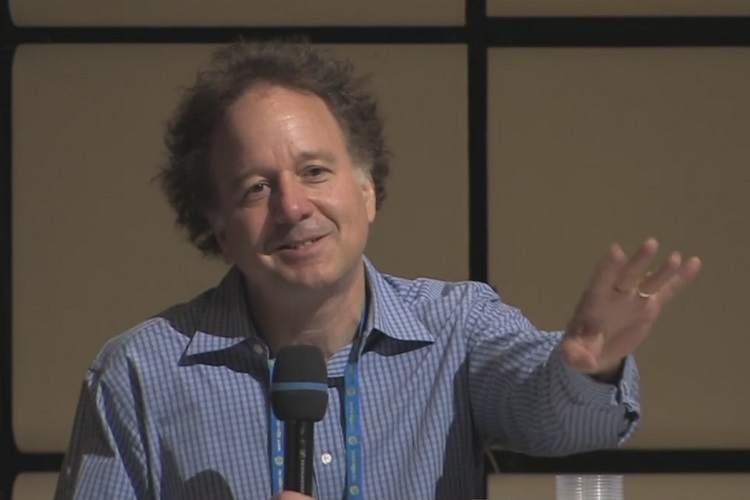
|
Ken Caldeira
Since 2005, Ken Caldeira has been a scientist at
Carnegie Institution for Science’s Department of Global Ecology and
a Professor, by courtesy, in Stanford University’s
Department of Environmental Earth System Sciences. Prior to that,
he was in the Energy & Environment Directorate at
Lawrence Livermore National Laboratory. His bachelor’s degree is in
Philosophy from Rutgers College, and he has a masters and PhD in
Atmospheric Sciences from New York University. Ken takes a wide-angle
view on the world, investigating issues related to climate, carbon,
and energy systems. His primary tools are climate and the carbon
cycle models, and he also does field work related to ocean acidification.
His basic research strategy is to ride on the coat-tails of the
excellent postdoctoral researchers in his group.
|
Krishna Kumar Kanikicharla
Dr Kumar is a Coordinating Lead Author in Working Group 1 of the
5th Assessment Report of the
Intergovernmental Panel on Climate Change (IPCC) and has over 30 years
of research experience in the areas of Monsoon, climate change and
impact assessment. He has a doctoral degree in Atmospheric Physics
from India and has been working with
Indian Institute of Tropical Meteorology, Pune, India since 1982
and now on an assignment with Qatar Meteorology Department as a
Meteorological Consultant. He has published more than 50 research
papers in peer reviewed journals and won several awards including the
prestigious Norbert Gerbier Mumm International Award of
the World Meteorological Organization?. He is a Fellow of the
Indian Academy of Sciences.
|
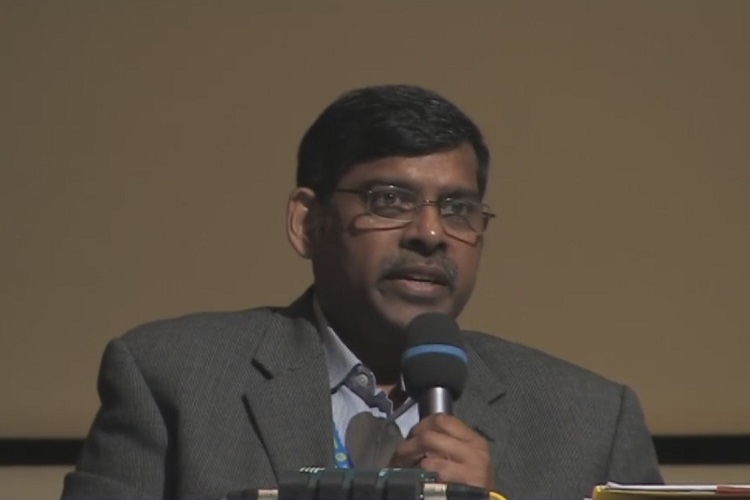
|
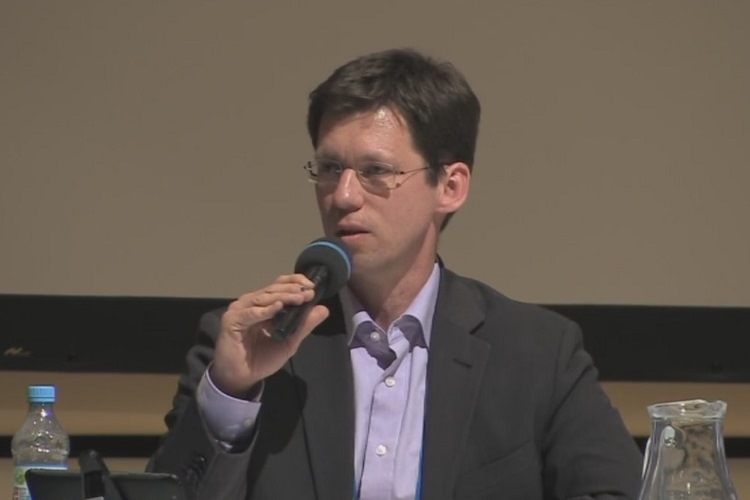
|
Mark Lawrence
Mark Lawrence is a scientific director at the
Institute for Advanced Sustainability Studies, Potsdam.
He leads the Sustainable Interactions with the Atmosphere research
cluster which focuses on the impacts & mitigation of short-lived,
climate-forcing pollutants, particularly in the face of global urbanization,
and on the potential impacts, uncertainties & risks of climate engineering.
He is author or co-author of over 100 peer-reviewed publications,
has been editor for the journals
Atmospheric Chemistry & Physics and Atmospheric Environment,
and has served on various international committees, most notably the
Science Team of the UNEP Atmospheric Brown Clouds project,
the Scientific Steering Committee of the
International Global Atmospheric Chemistry project and the
Commission on Atmospheric Chemistry and Global Pollution.
In 2013 he became contributing author of the IPCC
|
Andreas Oschlies
Andreas Oschlies is Professor of Marine Biogeochemical Modelling at GEOMAR
and the University of Kiel, Germany. Having studied Theoretical Physics
at Heidelberg & Cambridge, he moved into Oceanography for a PhD
in Kiel (awarded 1994) and worked as PostDoc in Toulouse,
Assistant Professor in Kiel and Professor in Southampton, before
moving back to Kiel in 2006. His research interests include the global
carbon, nitrogen and oxygen cycles, their sensitivities to environmental
change, and the development and quality assessment of numerical models
appropriate to investigate these. He is PI of the Excellence Cluster
"The Future Ocean", speaker of the Collaborative Research Centre
"Climate-Biogeochemistry Interactions in the Tropical Ocean"
and coordinator of the Priority Program
“Climate Engineering: Risks, Challenges, Opportunities?”,
all funded by the German Research Foundation.
|
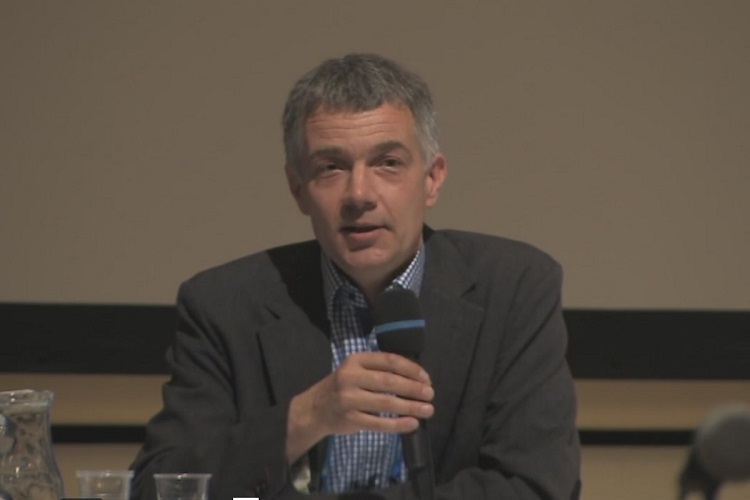
|
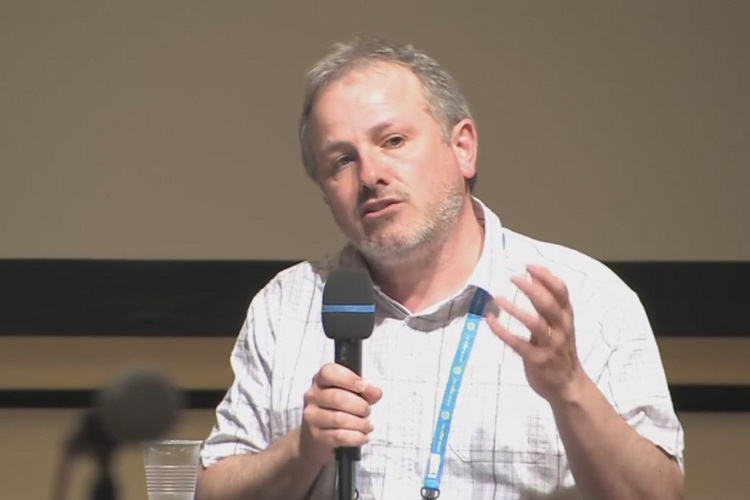
|
Paul Quinn, School of Civil Engineering and Geosciences, Newcastle University
Dr Paul Quinn is a Senior Lecturer in Catchment Hydrology at Newcastle
University in the UK. He has worked for 16 years in the
School of Civil Engineering and Geosciences and also with the
Newcastle Institute for Research in Sustainability.
He declares himself to be an Earth Systems Engineer specialising in
Catchment Systems Engineering. This includes pollution, flooding and
drought management. Basically Paul likes to cover catchments in ponds,
wetlands and woody debris and believes in working with natural systems.
He is optimistic that good healthy systems just need good management.
|
|
Top of page
|
|
Home |
Future Events |
Previous Events |
People |
Articles |
Reviews |
AboutUs |
© C J M Hewett,
2014
|

